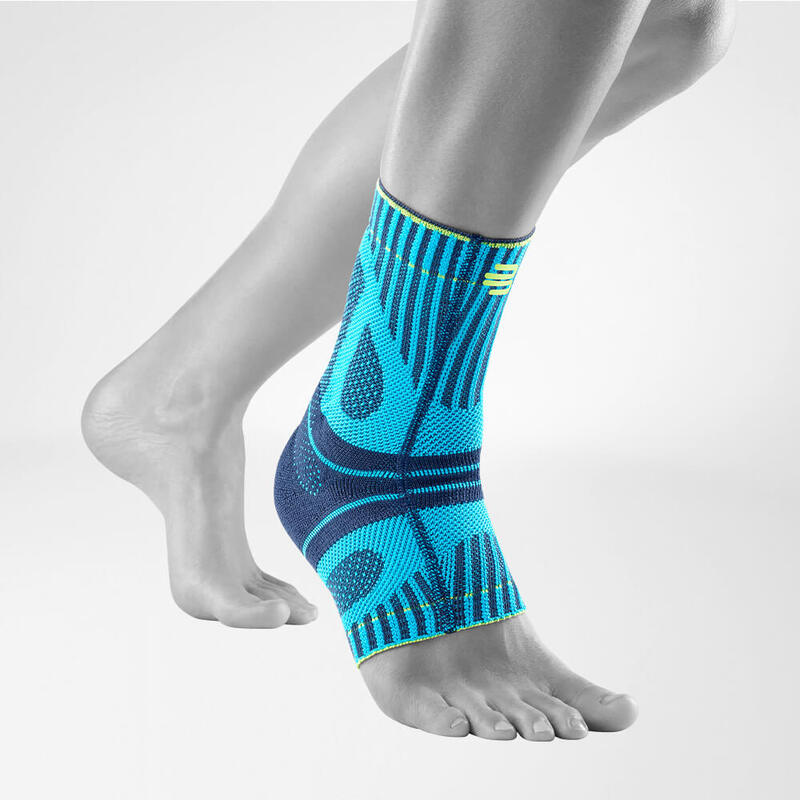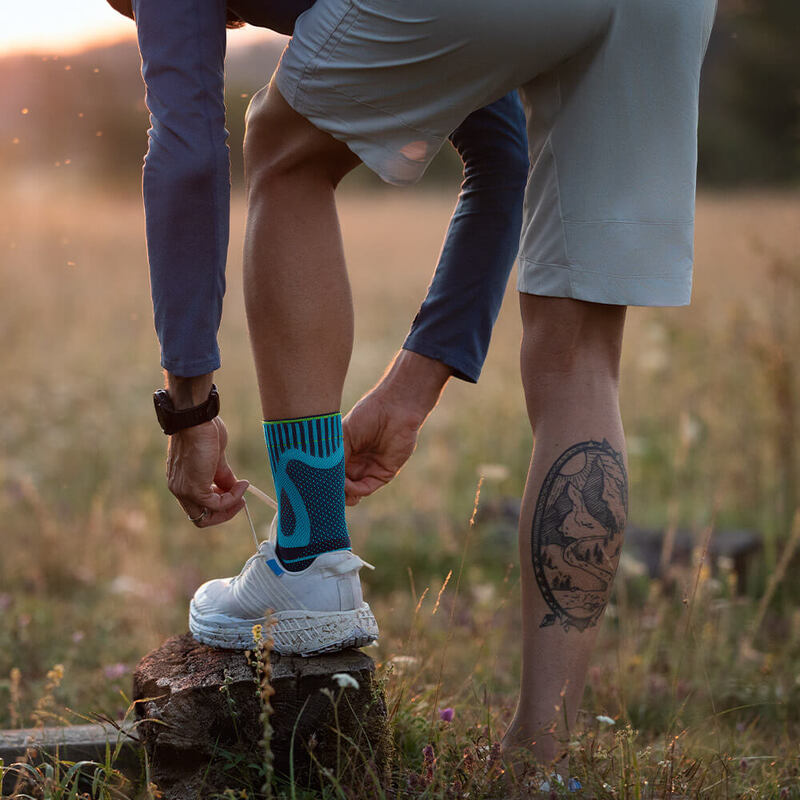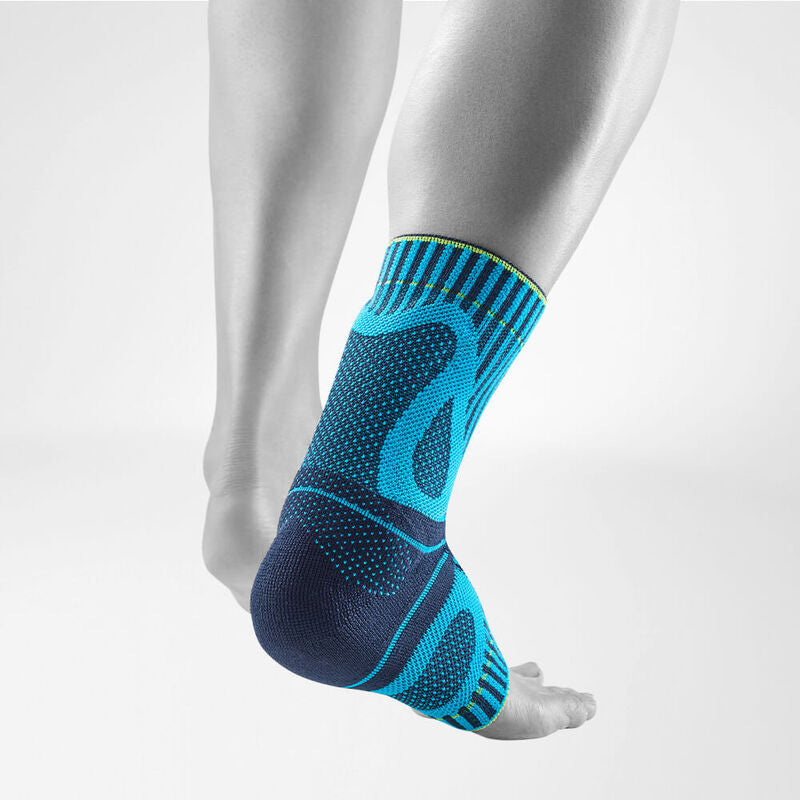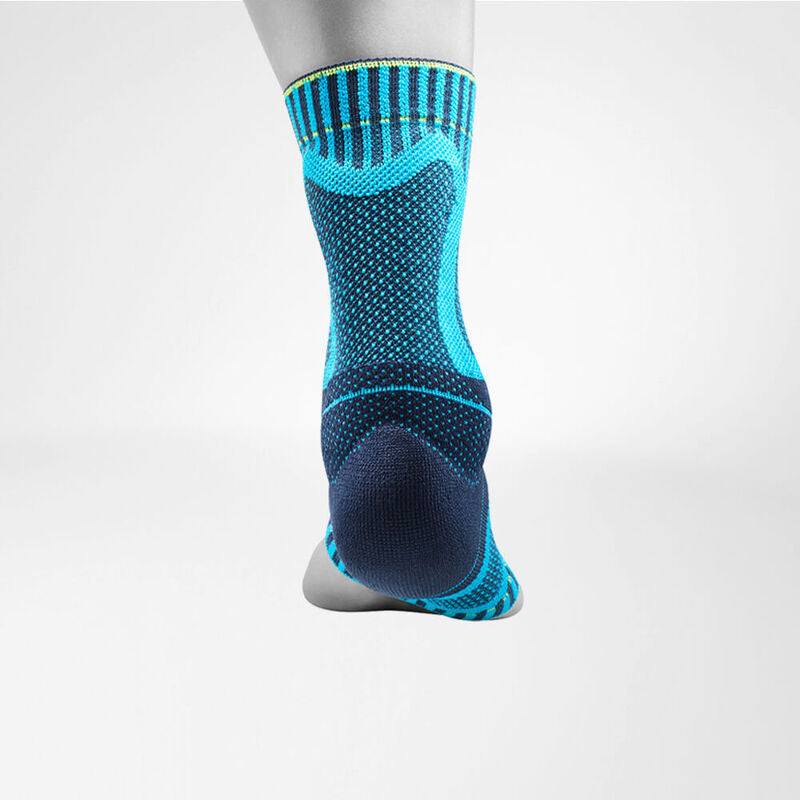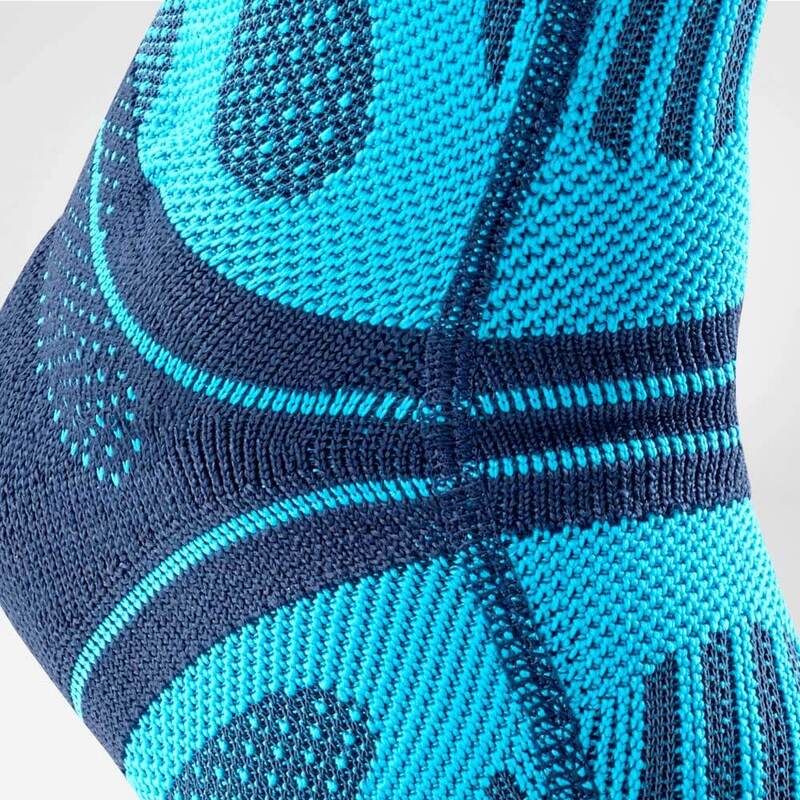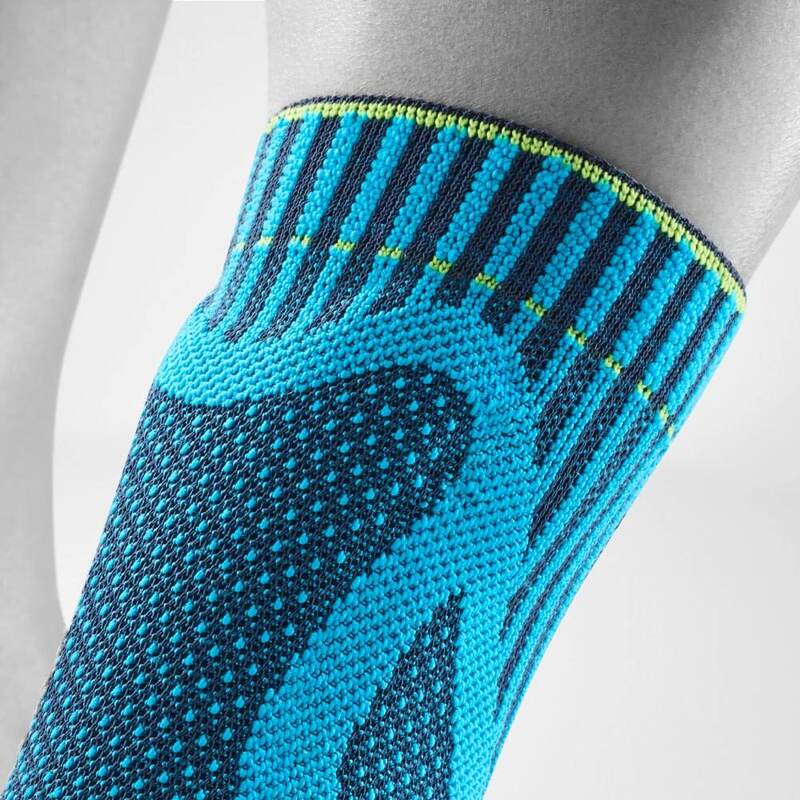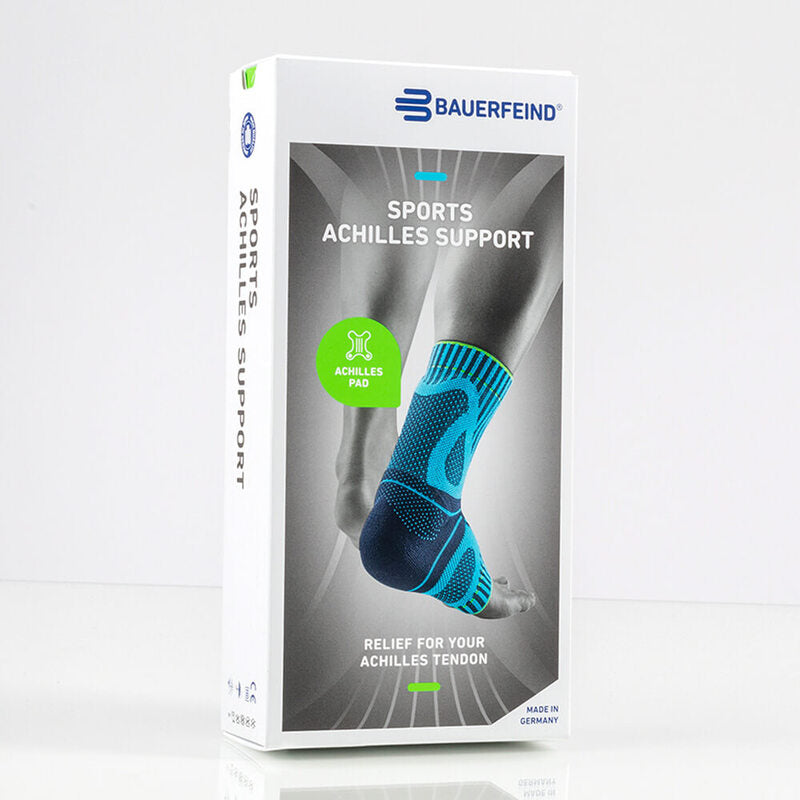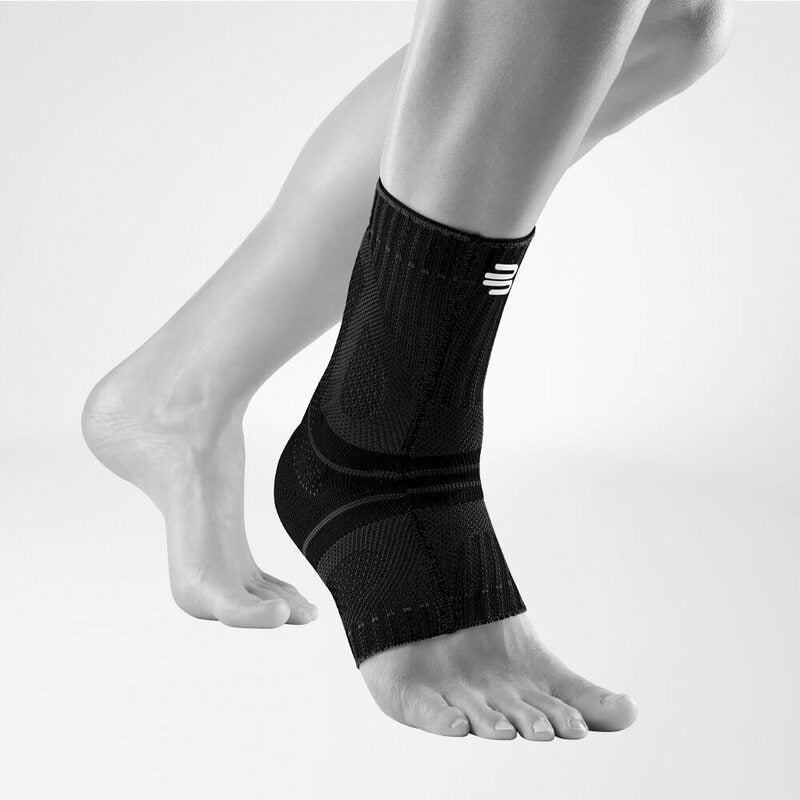Achilles tendonitis is a common condition that causes pain in the back of the foot where the Achilles tendon attaches to the heel bone. This tendon is the largest and strongest in the human body, connecting the calf muscles to the heel.
Causes
The causes of Achilles tendonitis can be varied, including:
- Overexertion: A sudden or gradual increase in the intensity of physical activity, especially running, jumping, or standing on hard surfaces for extended periods of time.
- Improper shoe selection: Narrow or worn-out shoes can put extra strain on the Achilles tendon.
- Age: With age, tendons become less flexible and more prone to injury.
- Flat feet: An incorrect arch of the foot can cause uneven stress on the Achilles tendon.
- Other health conditions: Arthritis, gout, diabetes can contribute to Achilles tendon inflammation.
Symptoms
Symptoms of Achilles tendonitis may include:
- Pain in the back of the foot, especially in the mornings or after physical activity.
- Stiffness in the foot.
- Swelling or redness at the inflamed area.
- Difficulty walking or running.
Solutions
Treatment for Achilles tendonitis depends on its severity. The most commonly recommended solutions are:
- Rest: Avoid activities that cause pain.
- Ice packs: Apply an ice pack to the sore area several times a day to reduce inflammation and pain.
- Orthoses: Special orthoses can help support the foot and reduce stress on the tendon. Orthoses for the Achilles tendon
- Painkillers: Over-the-counter painkillers, such as ibuprofen, can help reduce pain and inflammation.
- Physical therapy: A physical therapist may recommend exercises to strengthen the Achilles tendon and surrounding muscles.
- Orthopedic insoles: Insoles can also be an effective solution for relieving the Achilles tendon. The best insole for relieving the Achilles
- Corticosteroid injections: In more severe cases, your doctor may recommend a corticosteroid injection directly into the inflamed area.
When to see a doctor?
If you suspect you have Achilles tendonitis, consult your doctor or physiotherapist. Your doctor can perform a physical examination and, if necessary, order additional tests to confirm the diagnosis and rule out other possible conditions.
Prevention
To prevent Achilles tendonitis, it is important to:
- Gradually increase physical activity.
- Choose appropriate shoes with good support.
- Strengthen your Achilles tendon and calf muscles with exercises.
- Maintain a healthy body weight.
Important: This information is for general information only and is not a substitute for medical advice. If you have any questions or concerns about your health, please contact your doctor.













